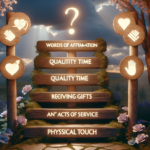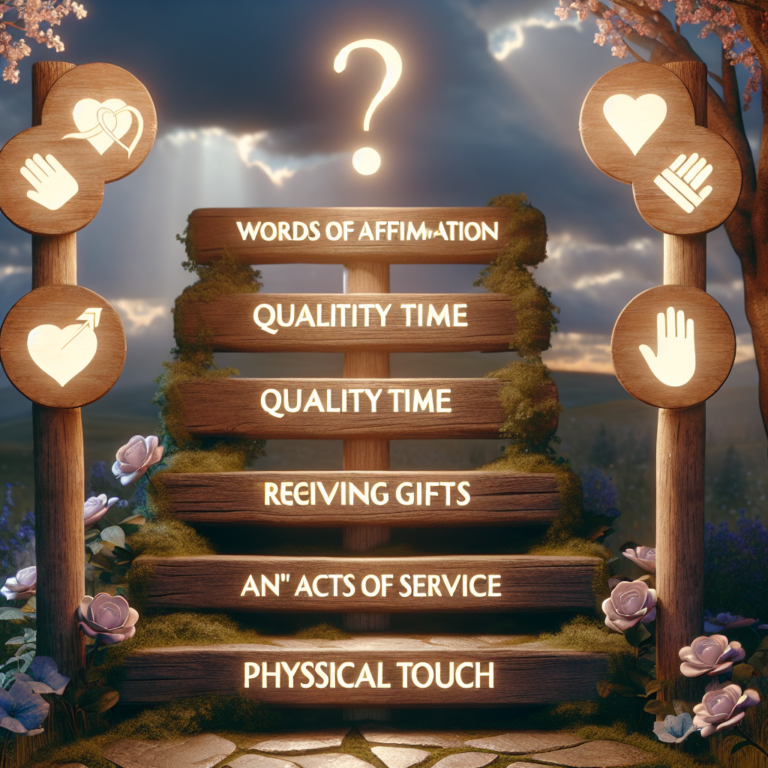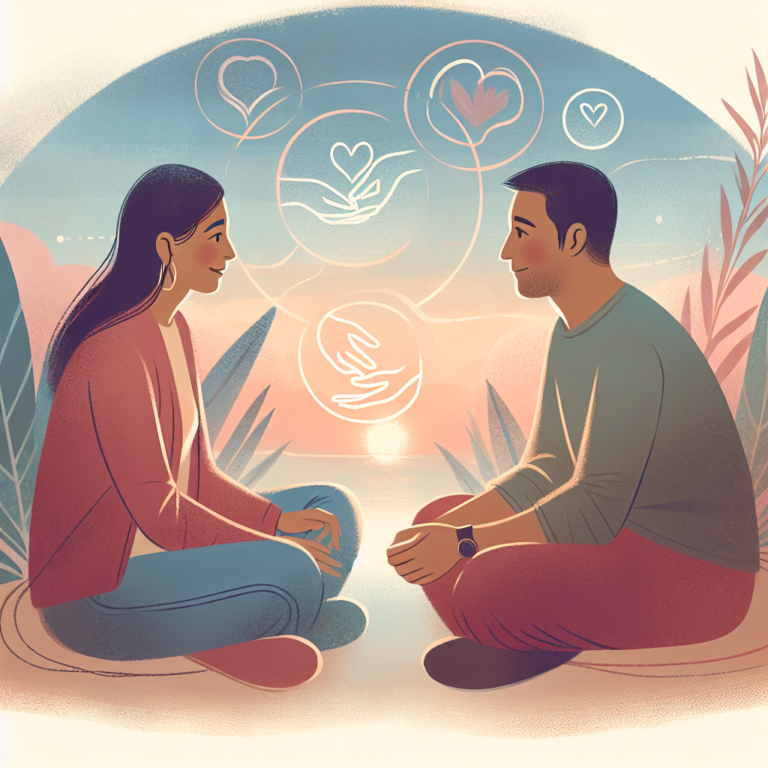
Introduction
In the intricate web of relationships, trust is the strongest thread. Yet, many of us experience unsettling waves of anxiety, leading us to question our partners’ intentions and our overall relationship. From Doubt to Trust: How to Alleviate Relationship Anxiety is not only a journey but a necessary evolution for those seeking to forge healthy, lasting bonds.
In today’s fast-paced world, where relationships often feel transient and fraught with uncertainty, understanding how to transition from a position of doubt to one of trust is crucial. This article will delve deeply into the mechanics of relationship anxiety, offering unique insights and practical strategies to help you breathe easier within your love life.
Understanding Relationship Anxiety
What is Relationship Anxiety?
Relationship anxiety refers to the pervasive feeling of doubt and unease that one might have about their partner or the relationship itself. It can manifest in various ways, including:
- Overthinking: Constantly questioning your partner’s affection.
- Jealousy: Feeling insecure when your partner interacts with others.
- Fear of abandonment: Worrying that the relationship might end suddenly.
Case Study 1: Emma and Jake
Emma often found herself questioning Jake’s loyalty whenever he mentioned hanging out with friends. Although Jake had never given her any reason to doubt his fidelity, Emma’s anxiety spiraled, leading to unnecessary conflicts. This case illustrates the importance of recognizing how previous experiences can shape our current feelings.
The Psychology Behind Relationship Anxiety
Understanding why we feel anxious in relationships can provide clarity and relief. Several psychological theories explain the roots of this anxiety:
- Attachment Theory: According to this theory, early childhood attachments shape our adult relationships. If you had an unstable attachment as a child, you may struggle with trust in adulthood.
- Cognitive Distortions: These are irrational thought patterns that can exacerbate feelings of doubt. Common examples include catastrophizing or assuming the worst without evidence.
Table 1: Common Cognitive Distortions in Relationships
| Cognitive Distortion | Description | Impact on Relationships |
|---|---|---|
| Catastrophizing | Expecting the worst outcome | Heightened anxiety and mistrust |
| Black-and-white thinking | Seeing things in extremes | Lack of nuance in understanding partner’s behavior |
| Mind reading | Assuming you know what your partner thinks | Increased conflict and misunderstandings |
From Doubt to Trust: How to Alleviate Relationship Anxiety
Transitioning from a state of doubt to one of trust requires intentional work and understanding. Here are several strategies to build this essential foundation:
1. Open Communication
One of the most powerful tools in alleviating relationship anxiety is open dialogue. Here’s how to enhance communication:
- Practice Active Listening: Focus on truly understanding your partner’s feelings without jumping to conclusions.
- Express Feelings Honestly: Instead of bottling up emotions, encourage vulnerability by sharing your feelings openly.
Case Study 2: Mia and Raj
Mia voiced her concerns about Raj’s late working hours. Initially, Raj brushed off her fears, but by engaging in open discussions, they could address insecurities together, strengthening their bond.
2. Setting Boundaries
Establishing personal and relationship boundaries ensures that both partners feel secure and validated. Consider the following:
- Define Individual Needs: Each partner should articulate their needs and discuss what makes them feel secure.
- Respect Each Other’s Space: Sometimes, taking a step back can prevent misunderstandings and foster trust.
3. Building Self-Esteem
Anxiety thrives in a negative self-image. Therefore, focusing on self-love and self-esteem can reduce anxiety in relationships:
- Affirmations: Make daily positive affirmations about yourself and your worth as a partner.
- Identify Strengths: List your qualities that contribute positively to your relationship.
4. Seeking Professional Help
At times, professional guidance from a therapist or counselor can provide profound benefits:
- Couples Therapy: Engaging in therapy together can address underlying issues and improve communication.
- Individual Therapy: For some, personal therapy can help resolve deeper-rooted anxieties that affect relationships.
Case Study 3: Sarah and Tom
Sarah and Tom sought couples therapy when they realized that unresolved conflicts often escalated into emotional turmoil. Guidance from a therapist helped them communicate more effectively, transforming their relationship dynamics.
The Role of Trust in Relationships
Trust is a critical factor in any relationship. It can serve as a protective factor against anxiety. Here are some ways to cultivate trust:
- Consistent Actions: Trust grows when partners maintain reliability and integrity.
- Transparency: Being open about your life choices and feelings helps build a sense of safety and trust.
Conclusion
From Doubt to Trust: How to Alleviate Relationship Anxiety is an ongoing journey. It demands courage, vulnerability, and a willingness to grow both individually and as a couple. By embracing open communication, setting boundaries, and, when necessary, seeking professional guidance, you can transform your relationship into a sanctuary of trust instead of anxiety.
As you embark on this transformative path, remember that every relationship is unique. The skills and insights shared here can be adapted and molded to fit your individual circumstances. Embrace the journey!
FAQs
1. What are the signs of relationship anxiety?
Signs include excessive worry about your partner’s feelings, comparing your relationship to others, and fearing that your partner will leave you.
2. Can relationship anxiety be resolved?
Yes! With open communication, self-reflection, and sometimes professional help, many couples find ways to overcome relationship anxiety.
3. How can I improve my self-esteem in a relationship?
Focus on your strengths, engage in self-care, and practice positive affirmations regularly.
4. What should I do if my partner is anxious?
Encourage them to share their feelings and reassure them of your commitment. Suggest professional help if necessary.
5. Is it normal to feel anxious in relationships?
Yes, many people feel anxious at times. However, it’s essential to address this anxiety constructively to avoid detrimental effects on the relationship.
By embracing the principles discussed in this article, you can foster an environment of trust rather than doubt, paving the way for a healthy and fulfilling relationship. Start today, and watch as your connections flourish!















